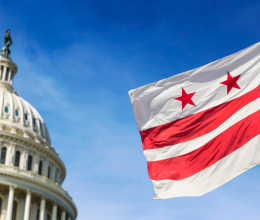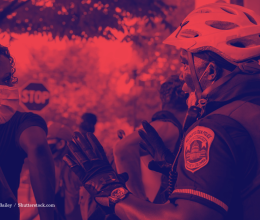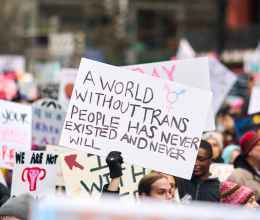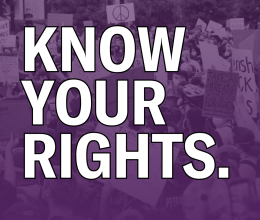Check out where the Ward 7 D.C. Council candidates stand on the issues affecting justice and freedom in the District. All candidates running for D.C. Council seats were asked to fill out this questionnaire.
Note: The American Civil Liberties Union of the District of Columbia is a 501(c)(3) nonprofit, nonpartisan organization. We do not support or oppose candidates for elected office.



